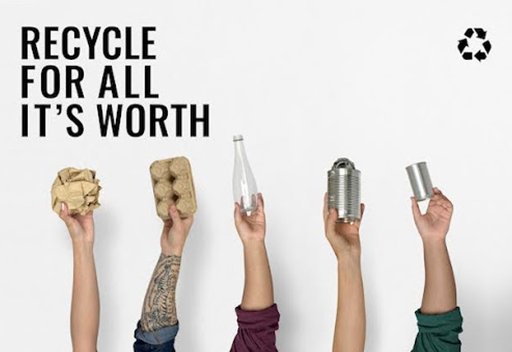
Introduction:
Greetings, advocates of sustainability! Today, on CCXLIVE, we embark on a visionary exploration into the realm of recycling, pondering a compelling question: Can India rise to become the Recycling Champion at a global level? Join us as we dissect the factors, challenges, and opportunities that shape India's journey towards recycling excellence. ????????
India's Recycling Landscape:
India boasts a rich tapestry of recycling traditions, deeply ingrained in its cultural fabric. From informal waste pickers scouring the streets for recyclables to organized recycling industries processing vast quantities of materials, the nation teems with potential to emerge as a global recycling powerhouse.
Data Insights:
Let's delve into some enlightening statistics to contextualize India's recycling prowess:
Over 90%: The proportion of India's plastic waste that is recycled through informal and formal channels, showcasing the nation's robust recycling ecosystem.
5th Largest Steel Producer: India ranks among the top five steel-producing nations globally, with a significant portion of its steel production derived from scrap metal recycling.
$1.5 Billion: The projected market value of India's e-waste management industry by 2025, fueled by rapid urbanization and digitalization.
Factors Driving India's Recycling Potential:
Rich Tradition of Resourcefulness: India's cultural heritage emphasizes thrift, resourcefulness, and sustainability, laying a strong foundation for recycling practices across diverse sectors.
Rising Environmental Awareness: With increasing awareness of environmental issues and the imperative for sustainable development, Indian consumers, businesses, and policymakers are embracing recycling as a vital component of the circular economy.
Technological Advancements: Advances in technology, including waste sorting and processing technologies, blockchain-enabled traceability solutions, and data analytics, are revolutionizing India's recycling landscape, enhancing efficiency, transparency, and scalability.
Challenges on the Road to Recycling Leadership:
Infrastructure Gaps: Despite progress, India grapples with infrastructure deficiencies in waste collection, segregation, and recycling facilities, hindering the scale and efficiency of recycling operations.
Policy Implementation: While India boasts progressive environmental policies and regulations, effective implementation and enforcement remain key challenges, necessitating greater collaboration between government agencies, industry stakeholders, and civil society.
Awareness and Education: Bridging the gap in public awareness and education on recycling practices is essential to foster a culture of waste reduction, segregation, and responsible consumption among citizens.
Charting the Course Towards Global Leadership:
Investment in Infrastructure: Prioritize investments in recycling infrastructure, including waste collection systems, material recovery facilities, and recycling technologies, to bolster the efficiency and scalability of India's recycling sector.
Policy Support and Incentives: Enact supportive policies, fiscal incentives, and regulatory frameworks to encourage private sector participation, innovation, and investment in recycling initiatives.
Public-Private Partnerships: Foster collaborative partnerships between government entities, industry players, non-profit organizations, and community groups to drive innovation, knowledge sharing, and capacity building in the recycling ecosystem.
Conclusion:
As India stands at the cusp of a recycling renaissance, the potential to ascend to global leadership in sustainable waste management has never been greater. By leveraging its rich cultural heritage, technological prowess, and collective resolve, India can emerge as a beacon of recycling excellence, inspiring nations worldwide to embrace the transformative power of the circular economy. Let's unite in our quest to unlock India's recycling potential and pave the way towards a greener, more sustainable future for generations to come.